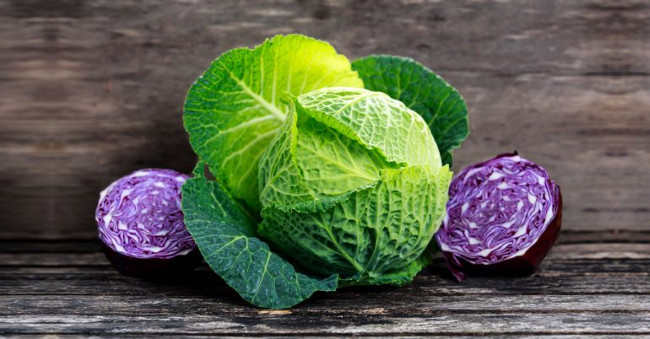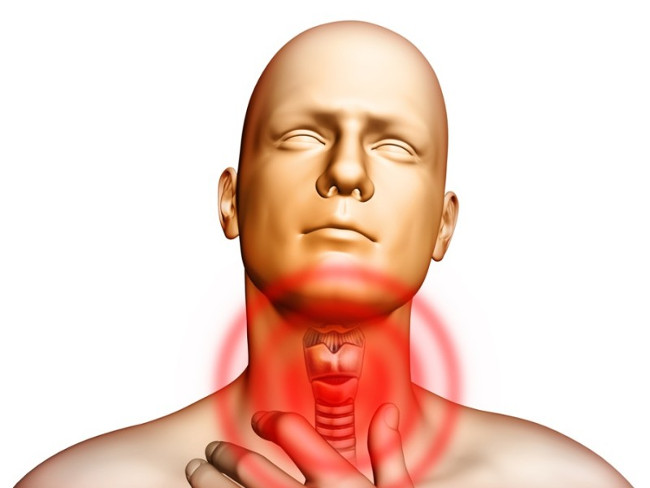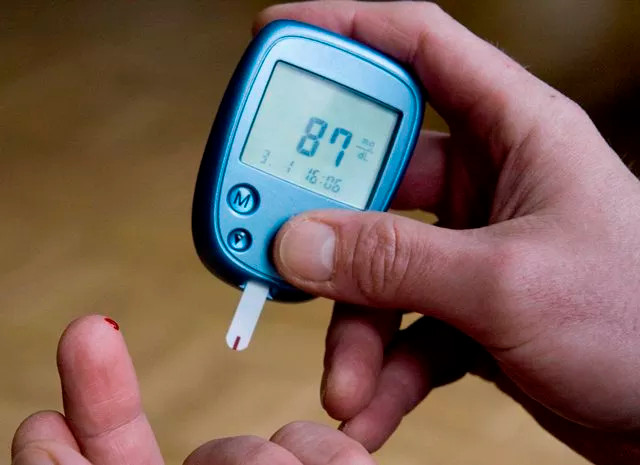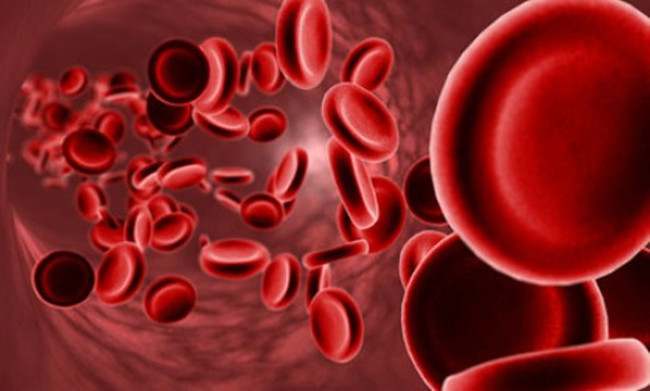Eating lots of cabbage is probably not as good as we usually think
Cabbage is a popular vegetable grown in the winter, rich in nutrients and has many therapeutic uses . However, not everyone who eats cabbage is healthy, because cabbage containing raffinose (a type of digestive tract) can cause bloating or diarrhea. Breast-feeding mothers should avoid cabbage because it can make their babies colic. Eating too much cabbage can also lead to iodine deficiency and hypothyroidism (hypothyroidism).

Do you often eat cabbage? If you are eating a large amount of cruciferous vegetables, you should know they also have a side effect. If you eat a large amount to reduce stomach pain, stomach ulcers or even morning sickness during pregnancy, you should consider when consuming this food.
The results of many epidemiological studies show that an adult should eat about five servings of cruciferous vegetables each week and eat only half a cup of cabbage each meal. Even so, our bodies are not quite the same, so we need to find a suitable diet to prevent side effects that cabbage can bring.
1. Flatulence

Flatulence or indigestion . This is one of the most common side effects of cabbage and you've probably heard about it. It is absolutely correct. Like cauliflower, broccoli and fruiting, cabbage is not easily digested by enzymes in the small intestine. When they reach the colon, the bacteria in them begin to produce gas. If you've ever had flatulence, bloating or often belching after eating cabbage , limiting this type of vegetable is the only way to prevent this condition.
2. Lack of Iodine and cause thyroid problems

Eating too much cabbage can affect the normal functioning of the thyroid gland . This is because this food prevents iodine absorption for normal thyroid development. Even eating too much cabbage for a long time can lead to hypothyroidism or goiter .
However, eating enough cabbage is very good for health. Just don't overdo it, especially if you also eat other foods like kale, cauliflower, bi-spinach, and radishes, they should be limited because they can cause thyroid dysfunction.
3. Diarrhea

People with gastrointestinal disorders such as irritable bowel syndrome (HCRKT = Irritable Bowel Syndrome = IBS) should avoid cabbage , because the amount of raffinose (a type of sugar in the digestive system called trisaccharide) will fill the intestines. steam. Cabbage contains a lot of insoluble fiber - in the average serving of 100gm of cabbage will contain 2.5gm of fiber. This fiber is perfectly good for the digestive system, but if you eat too much you may have health problems. They will block the intestinal tract and cause diarrhea.
4. Lowers blood sugar

When it comes to regulating blood sugar levels, cabbage is the enemy. Despite the fact that cabbage is able to lower blood sugar, consuming a large amount of cabbage can reduce sugar levels too low, causing hypoglycemia. This is why after surgery we should not eat cabbage .
5. Making a nursing baby have a stomachache

Do you remember why cabbage makes adults bloated and diarrhea? If you are a breastfeeding woman, pay attention to your daily diet as it can affect your baby directly. In general, staying away from foods that can make babies stomach aches, especially cabbage will also make your baby suckle with that stomachache.
6. Reaction to anticoagulants

Cabbage contains 38.2mg of vitamin K , a natural substance that helps blood clots. While anticoagulants and platelets work to prevent blood clots, vitamin K can counteract or affect the effectiveness of drugs. Therefore, you should talk to your doctor about your diet to get the best advice.
You should read it
- ★ The series of pictures showing the world filled with wonders, the imagination of people is far from catching up
- ★ 7 harmful habits that we still think are useful
- ★ 5 delicious but harmful foods, should not eat much
- ★ These are the reasons you should cut down on salt in your diet
- ★ The mistakes many people make when eating butter